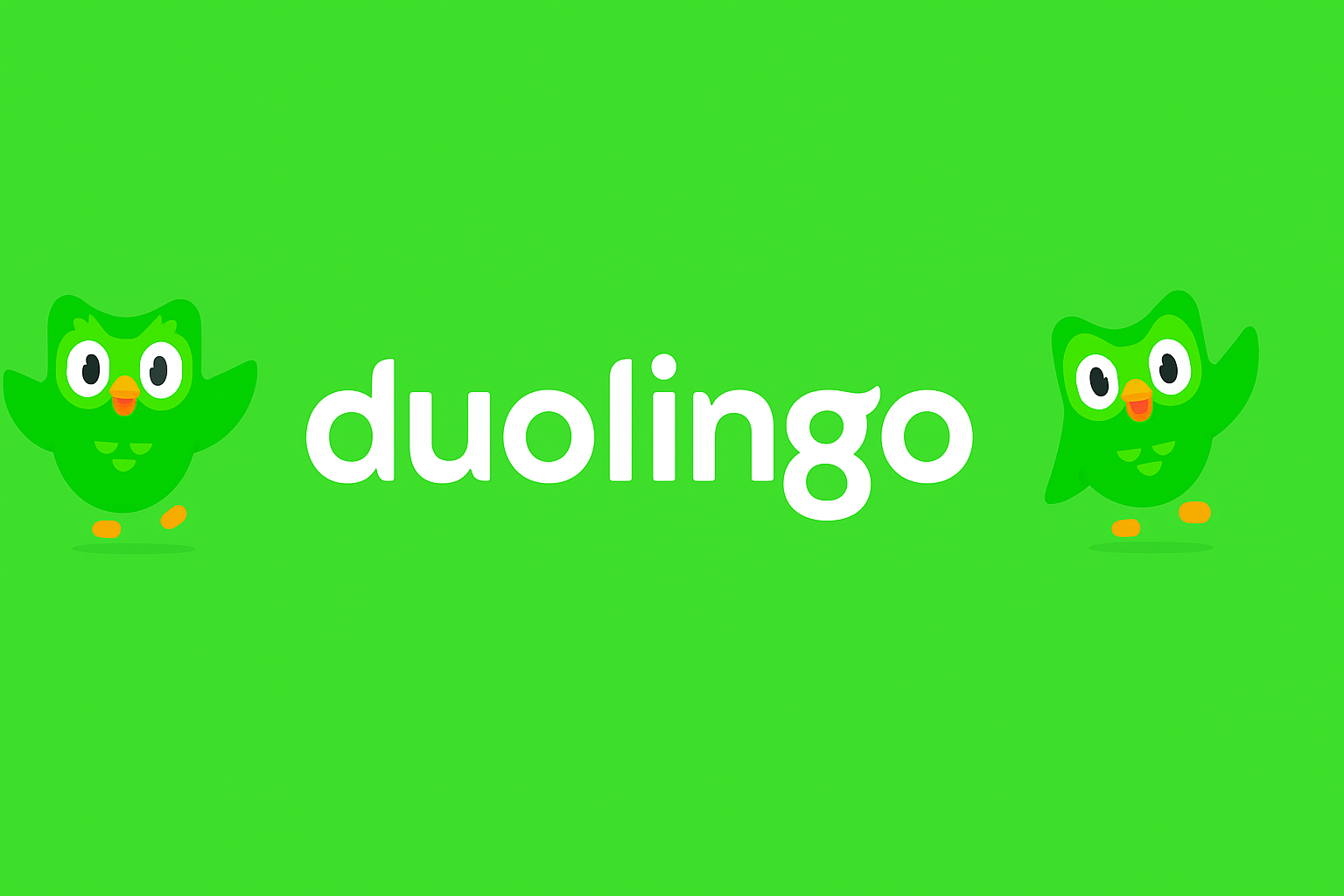Duolingo, the globally popular language-learning platform, recently unveiled its ambitious plans to pivot towards becoming an “AI-first” company. As part of this transformation, the company announced that it would be replacing many of its contractors with artificial intelligence-powered solutions. This decision has ignited growing concerns that the long-anticipated AI jobs crisis is no longer a distant threat—it has already arrived.
Technology journalist Brian Merchant shed light on this unfolding situation, calling Duolingo’s move a clear sign that AI-driven workforce disruption is not theoretical but happening in real time.
Job Cuts: Not Just a 2025 Decision
Whereas the most recent declaration caught features, it shows up that Duolingo’s dependence on AI to diminish its workforce has been underway for a few time. Shipper talked with a previous Duolingo temporary worker who uncovered that the company to begin with dispensed with around 10% of its contract laborers back in late 2023. That beginning wave essentially influenced interpreters, who were supplanted with AI-powered interpretation frameworks.
By October 2024, another round of cuts followed—this time impacting contract writers. Once again, human talent was swapped out for artificial intelligence tools capable of generating content at scale. Together, these job cuts point to a pattern of gradual but steady workforce reduction driven by AI advancements.
The Broader Impact: Entry-Level Jobs Under Pressure
Duolingo’s activities are not happening in segregation. Over different businesses, comparative patterns are rising. Detailing by The Atlantic highlights that later college graduates are confronting an abnormally tall unemployment rate. One conceivable clarification is that companies are substituting conventional entry-level, white-collar parts with AI arrangements.
Another plausibility is that the budgetary ventures businesses are making in AI innovation are pressing out budgets that would something else have been designated for contracting unused representatives. In either scenario, the outcome is the same: fewer opportunities for human workers, especially those just starting their careers.
A Management-Driven Crisis, Not a Sci-Fi Nightmare
According to Merchant, what is unfolding isn’t a dramatic robot uprising or a futuristic apocalypse as often depicted in sci-fi films. Instead, it’s a deliberate series of management decisions. Executives are using AI as a strategic tool to lower labor costs and tighten control within their organizations.
This shift is evident in multiple ways:
Creative Industry Attrition: Freelance writers, artists, illustrators, and translators are increasingly finding their work undervalued or replaced entirely.
Declining Freelancer Income: As AI-generated content floods the market, human freelancers are struggling to compete on both speed and price.
Reduced Hiring: Companies are opting to hire fewer people, relying on AI to fill gaps once occupied by junior staff or entry-level professionals.
Merchant emphasizes that what we are witnessing is a subtle but significant reconfiguration of the labor market, driven by corporate strategies rather than technological inevitability.
Why Duolingo’s Strategy Matters to All Industries
Duolingo’s move sets an influential precedent. As a major tech-driven education company, its decision to adopt AI-first practices could encourage other firms—both in tech and beyond—to follow suit. Language translation, content creation, customer support, and administrative tasks are all ripe for automation.
If other organizations mirror Duolingo’s approach, it could accelerate the replacement of human workers across numerous sectors, compounding the existing challenges faced by creative professionals, recent graduates, and contract workers.
Beyond Duolingo: A Global Shift Toward Automation
Globally, many industries are racing to integrate artificial intelligence into their workflows:
Publishing & Media: AI is now used to generate articles, edit content, and optimize headlines.
Legal Services: Automated tools handle contract reviews, legal research, and document drafting.
Finance: AI algorithms manage risk assessments, fraud detection, and customer interactions.
Healthcare: AI systems assist with diagnostics, patient management, and treatment planning.
While these technologies can enhance productivity and efficiency, they also reduce the demand for traditional human roles.
What This Means for Workers and Job Seekers
For experts exploring the advancing work scene, Duolingo’s declaration may be a update to expect quick changes:
Reskilling Is Significant:
Specialists should prioritize creating abilities that complement AI instead of compete with it—such as basic considering, passionate insights, and progressed problem-solving.
Creative Industries Must Adjust:
Craftsmen, journalists, and artists may have to be grasp AI apparatuses as collaborators to enhance their work and stay competitive.
Entry-Level Specialists Confront Unused Boundaries:
Youthful experts and graduates may got to see past conventional parts and consider rising businesses where human imagination and judgment stay imperative.
Conclusion: The AI Jobs Crisis Is Here
Duolingo’s later move is more than fair a company strategy—it may be a reflection of broader workforce patterns that are reshaping business as we know it. The AI employments emergency isn’t a theoretical situation holding up for the removed future. It is unfurling presently, driven by corporate choices centered on cost-cutting and operational proficiency.
As companies like Duolingo grasp AI-first procedures, specialists around the globe must adjust, reskill, and reconsider how they fit into a quickly changing work advertise.

